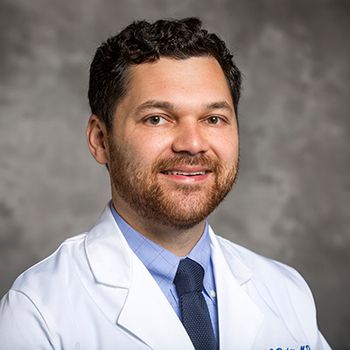
Oncology NEWS International
- Oncology NEWS International Vol 8 No 7
- Volume 8
- Issue 7
Komen Launches REMEMBER
DALLAS-The Susan G. Komen Breast Cancer Foundation is encouraging women and their physicians to “REMEMBER” a new breast health awareness campaign. The Foundation’s health education initiative adds Risk Evaluation to the traditional three-part program of Mammography Exam, Monthly Breast Exam, and Regular checkups, resulting in the acronym REMEMBER.
DALLASThe Susan G. Komen Breast Cancer Foundation is encouraging women and their physicians to
REMEMBER a new breast health awareness campaign. The Foundations health education initiative adds Risk Evaluation to the traditional three-part program of Mammography Exam, Monthly Breast Exam, and Regular checkups, resulting in the acronym REMEMBER.
Adding a personal risk evaluation to a regular physical will help women and their doctors consider risk factors in making decisions about breast health, Nancy Brinker, founding chairman of the Komen Foundation, said at a news conference announcing the campaign.
The REMEMBER education campaign includes the Risk Disk, a computer program for doctors to prompt risk evaluation questions; a series of TV, radio, and print ads; and educational brochures that describe the four REMEMBER steps for breast health. It is funded by a grant from Zeneca Pharmaceuticals.
Judy Garber, MD, MPH, of Dana-Farber Cancer Institute, said it is important that women and physicians not over- or underestimate breast cancer risks . The computer program asks questions related to predictors of cancer, Dr. Garber said, The results are not absolute, she said, and physicians are being trained in how to interpret risk levels. The computer model may be more important for women who are at increased risk, she noted.
The yes/no evaluation questions consider the following risk factors: increasing age; having a mother, sister, or daughter with breast cancer; having a breast biopsy showing abnormal cells; beginning first menstruation before age 12; having a first child after age 30 or having no children.
Women found to have a higher risk for breast cancer can then discuss with their physician possible ways to reduce it, Dr. Garber said. The evaluation gives them both another opportunity to discuss breast health, she added.
REMEMBER brochures are available by calling the Foundations helpline at 1-800-IM-AWARE (1-800-462-9273).
Articles in this issue
over 26 years ago
Nasal Angiogenesis Inhibitor May Stop Kaposi’s Sarcomaover 26 years ago
Surgeon’s Perspective on Neoadjuvant Chemo for Breast Cancerover 26 years ago
STAR Breast Cancer Prevention Trial Begins Enrollmentover 26 years ago
Studies Suggest New Approaches in Hereditary Ovarian Cancerover 26 years ago
Lycopene Beneficial in Prostate Cancerover 26 years ago
Advice and Support for Daughters of Breast Cancer Patientsover 26 years ago
Fetus May Be Harmed by Second-Hand Smokeover 26 years ago
Genes Linked to Smoking Affinity, Smoking-Induced Lung Cancerover 26 years ago
Ultraviolet Light Slated for Review as Carcinogenover 26 years ago
NCI Funding Complementary/Alternative Medicine TrialsNewsletter
Stay up to date on recent advances in the multidisciplinary approach to cancer.
Related Content












































